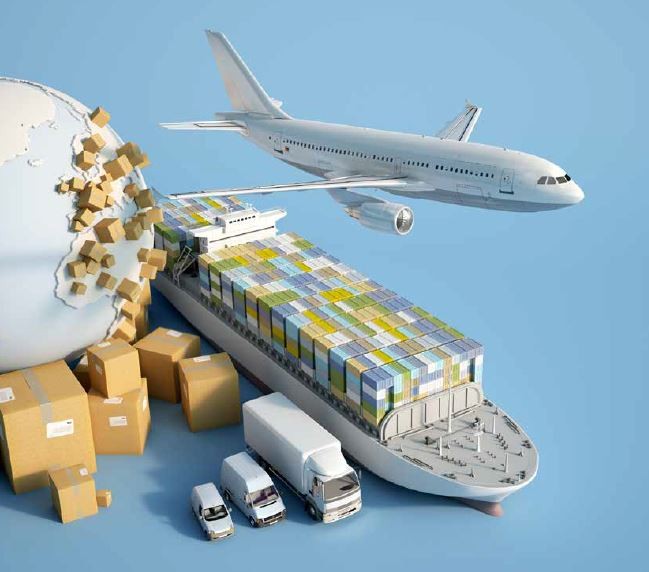EWC's in transport
The transport sector (aviation, road transport, rail, public transport, ferries, ports and docks) is at the heart of European economic and social development.
In order to ensure that economic development is not achieved at the expense of workers (working conditions, quality of employment), European Works Councils are a valuable tool for comparing working and employment conditions and for influencing company management to ensure that their strategies are socially responsible.
Syndex International and ETF, the European Transport Workers' Federation, have worked together for two years on European Works Councils (2018/2019).
Thanks to funding from the European Commission, we were able to organise training, exchanges of good practice, and role-playing for workers' representatives from different EU countries. In general, the meetings were organised by type of transport, in order to best suit the realities on the ground of different types of jobs and their respective challenges. These meetings have been extremely productive and ETF affiliates are now in a position to set up new EWCs and thus develop worker participation in transnational decision-making.
Objectives
The objective of the project is to increase the number of EWCs in transport. Today, there are only about 20 EWCs in the transport sector whereas, according to a recent study, between 70 and 80 companies meet the legal criteria for setting up an EWC. There is therefore great potential for more EWCs in transport. For this reason, ETF and Syndex have met, raised awareness and trained trade union representatives from many countries; they now have the tools to launch new requests for the establishment of EWCs to the management of their respective companies.
A second axis is to promote social dialogue and best practices. There are many EWCs that have little or no impact on managerial strategies. In order for EWC members to truly influence management decisions in favour of workers' interests, there are now new labour laws and practices that need to be used. This is all the more important as transport services are facing new challenges such as increased competition, green energy, digitalisation, automation which have a direct impact on job profiles and working conditions.
Key results
Around 200 people took part in the training sessions and exchange of experiences over a two-year period. About 15 countries participated and all transport services were present. This project is a real success because no less than 10 negotiations have been (re-)launched, which should allow for a growth of at least 50% of EWCs in transport in the medium term. In addition, some pre-existing agreements are being renegotiated in order to improve the efficiency of the EWCs concerned.
But the results can go even further, as many tools have been created to ensure the continuity of this work in the long term. Indeed, national trade union organisations have been trained to set up new EWCs and can therefore develop their own action, in coordination with ETF.
These tools are tools for analysis: Syndex has carried out sectoral studies to better understand the environment in which each company operates;
Communication tools: a website ( https://moretransportewcs.eu), an exchange platform (forum on the website), a film to be completed in April 2020;
And training tools: a brochure containing explanations on the law in force, exercises to prepare for negotiations, to draft a training programme, documentary resources, best practices to follow to improve one's action.
Thanks to all these tools, Syndex, ETF and its affiliates will be able to continue to raise awareness and develop their action in favour of more social dialogue and worker participation in transnational managerial decisions that affect them.
